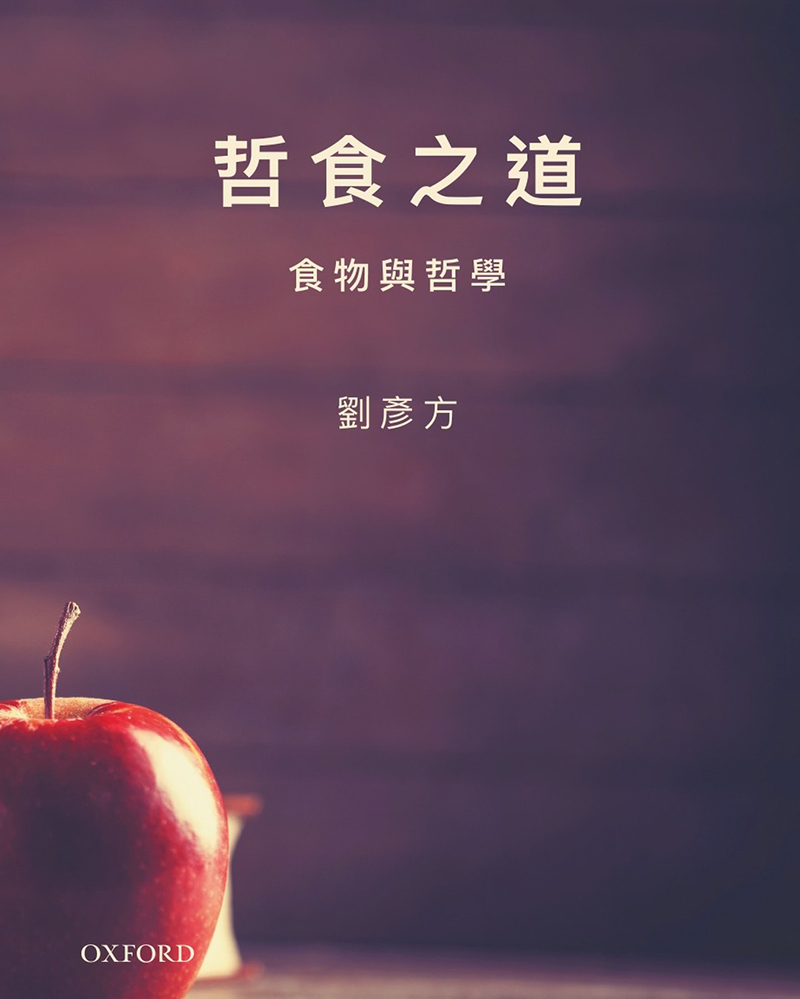May 2022 | Volume 23 No. 2
Food for Thought
Making philosophy accessible to a wider audience has been a mission for Associate Professor Dr Joe Lau. He created the Critical Thinking Web a few years ago that has been accessed by thousands of schools around the world to help teach students this skill. More recently, he has applied philosophy to a topic of wide appeal that has often been neglected in his discipline: food.
Philosophers traditionally have dismissed eating and other bodily pleasures as being of a lower order to the higher pursuits of thinking and exercising the intellect. Dr Lau, on the other hand, sees food as a way of getting people interested in philosophy.
“Food is perhaps the most universal interest that people have, but it is not just about enjoyment or nutrition or health. There are other dimensions, especially political ones, moral ones and aesthetic ones. Many people don’t think about these aspects of food,” he said.
“I think it’s important to reflect more deeply about some of these issues because they have serious implications for personal health, for social democracy, for justice. The future of our planet is also very much connected to how we produce and consume foods. Philosophy should not neglect this.”
Dr Lau is promoting these ideas through a Knowledge Exchange Fund project that has led to the publication of a Chinese-language book for the general public, The Way of Philosophy and Food, published last year, and a new website that echoes the book’s themes called Food and Philosophy (Available in both Chinese and English).

The Way of Philosophy and Food was published in Chinese in 2021 by Oxford University Press (China).
Animal rights, the nature of taste and other ideas about food
He uses philosophy to explore 10 topics related to food – the morality of eating meat; animal rights; world hunger and whether we have a duty to help those in need; the question of why it is legal to eat junk food but not take drugs; whether we are ‘playing God’ with genetically-modified food; capitalism and food and whether the free market is a good market; whether food can be considered a great work of art; ‘bad’ taste and whether beauty is in the eye of the beholder; sweet and sour tastes and whether objective science can explain subjective taste; and food and meaning – do we eat to live or live to eat?
The pros and cons are presented for each topic through text and short videos (on the website) to encourage critical thinking about these food issues.
For example, when it comes to the taste of food, there is debate about whether this is determined by the known physical properties of food and human tastebuds, or something else such as our perceptions of what a food should taste like and whether a person has the ability to taste. “Can objective science completely explain the subjective aspect of our taste experience? If so, how? If not, does it mean that there is something in the universe that is forever beyond the reach of science?” Dr Lau asks on his website.
Similarly, aesthetics can appear both objective and subjective. “When it comes to wine tasting, for example, some people will say there is no good wine or bad wine – there is just wine that you like or not. That’s a kind of subjectivism about the evaluation of tastes and yet, we often defer to experts and wine ratings when buying wine. We think there’s no objectivity but behave in a way that assumes there are objective standards,” he said. This conundrum also applies to artistic and aesthetic appreciation more generally.
Philosophy in daily life
Dr Lau found the topic on capitalism, which looks at the pros and cons of the ‘free market’ and negative externalities such as the environmental impacts, personally enlightening. “The connection between food and capitalism is not something I had thought about a lot before. Many people take the economic role of capitalism for granted without thinking about the social or environmental costs of free markets and capitalist production. Given the severe global problems that we’re facing, especially in connection to climate change, I think it’s extremely important for all of us to think more carefully about these issues and make a decision about what we can do to save the world.”
The book has been well received by readers posting comments on social media and at talks Dr Lau has given at local independent bookshops, which validates his aims. “The most important value in this project is to promote these ideas in philosophy and get people to think about them. I want to help people see how philosophy can apply to daily life and maybe make a difference to how we think about these practical issues,” he said.
Food is perhaps the most universal interest that people have, but it is not just about enjoyment or nutrition or health. There are other dimensions, especially political ones, moral ones and aesthetic ones.

DR JOE LAU

